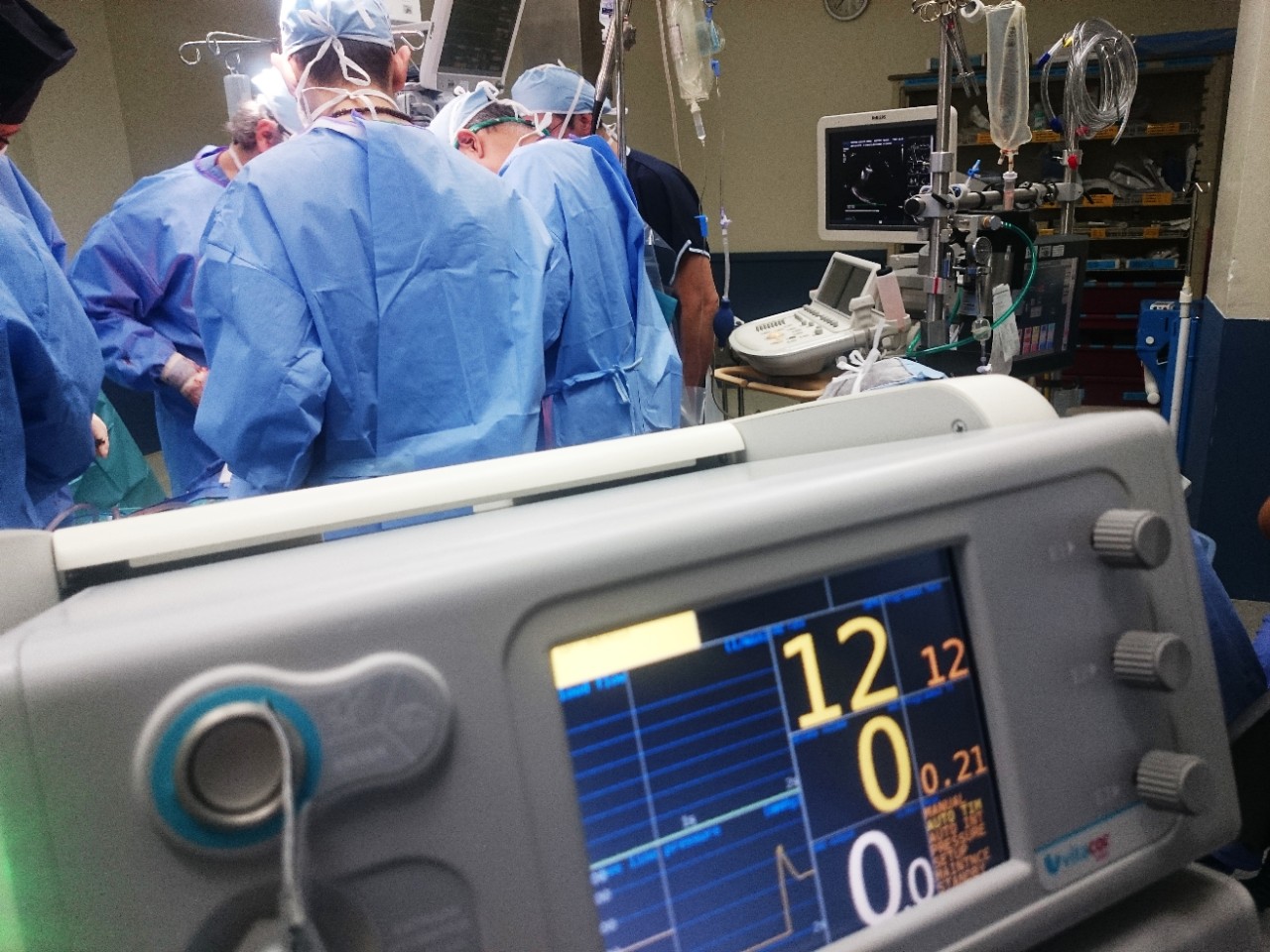
UC grad realizes dream of community impact during COVID
Dr. Nasrien E. Ibrahim seeks to make a difference as a physician, teacher
By Joí Dean
When she was an undergraduate at the University of Cincinnati, Nasrien E. Ibrahim, M.D., was influenced by the diverse community around her. It was, she says, “people from all different cultural, racial and ethnic backgrounds. I just loved the melting pot and diversity. Not just the backgrounds, but of thought and experience of views on life.”
That appreciation for diversity has influenced her career as a cardiologist and her approach to medicine and helped her to appreciate more deeply social inequities that made her work more challenging. Until recently a cardiologist at Massachusetts General Hospital, and an assistant professor at Harvard Medical School, Ibrahim also served on the front lines during the pandemic.
Serving during COVID-19

A&S graduate and cardiologist Dr. Nasrien Ibrahim
The pandemic has changed how doctors interact with their patients.
“You have to learn how to adapt,” Ibrahim said.
Before COVID-19, she loved seeing her patients in person and connecting with them. Attending to patients by phone or over the Internet to comport with social distancing is not the same, she said.
“I can’t examine them. I can’t look at their legs to see if they’re swollen,” she said.
Not all patients have access to smartphones or Wi-Fi, she added, and as a result, she could only listen to her patients’ concerns instead of seeing them face to face.
“I think the most disheartening thing during the pandemic was that these inequities were magnified. We forget how privileged we are for something as simple as a smartphone,” Ibrahim said.
I just knew that there was nothing else that I wanted to do.
Nasrien E. Ibrahim, UC grad on being a doctor and teacher
A diverse background of her own
Ibrahim immigrated to the United States from Saudi Arabia at the age of 15 along with her siblings, Sudanese father and Egyptian mother in hopes of a better education. She vividly remembers going with her physician father to the grocery store or a fast-food restaurant, where people would continuously thank him for the care he provided.
Witnessing her father as an oncologist take care of people from different journeys in life inspired Ibrahim to make her dream of caring for others become a reality. Even though her father wasn’t sure if being a doctor was truly what his daughter wanted, she says, Ibrahim already knew what her true calling in life was.
“I just knew that there was nothing else that I wanted to do. I always said that if I wasn’t going to be a doctor and get into medical school that I would be a teacher. My whole life I wanted to be a doctor or a teacher, but now I get to do both,” Ibrahim said.
Excellent training
As a resident and fellow at UC Medical Center, Ibrahim had the opportunity to care for patients from multiple environments. During her training, she cared for everyone from the homeless to P&G executives.
“Having the sickest patients from all walks of life made me brave, it made me much more empathetic and it gave me lots of lessons in what really matters in life,” she said. “The training was excellent.”
The next chapter
Soon Ibrahim will step into the role of director of heart failure clinical research at the Inova Heart and Vascular Institute in Washington, D.C. She also will serve as the program director of the Heart Failure and Heart Transplant Fellowship, where she will have the opportunity to train the next generation of heart transplant cardiologists. She will also pursue a master’s degree in health policy at George Washington University.
Of her A&S experiences, Ibrahim says: “I do believe it’s the reason I am where I am today, and will continue to grow my career.”
Featured image at top: Doctors at work in a hospital. Photo/Natanael Melchor/Unsplash.
Related Stories
Cancer Center, Dana-Farber, more receive $1.2M from family...
March 28, 2025
The Cincinnati Business Courier highlighted a $1.2 million grant received by the University of Cincinnati Cancer Center's Timothy Phoenix and colleagues at Dana-Farber Cancer Institute and the German Cancer Research Center to study pediatric low-grade gliomas.
UC, Cincinnati Public Schools partner to host 4th annual CPS All...
March 26, 2025
The University of Cincinnati is partnering with Cincinnati Public Schools to host the 4th annual CPS All Star Showcase. The event is set for Sunday, April 6 in Fifth Third Arena.
Kentucky mom shares her colon cancer journey to save others
March 26, 2025
University of Cincinnati Cancer Center patient Patty Goering and physician researcher Tahir Latif spoke with WLWT about Goering's story of being diagnosed and treated for colon cancer at a young age.
